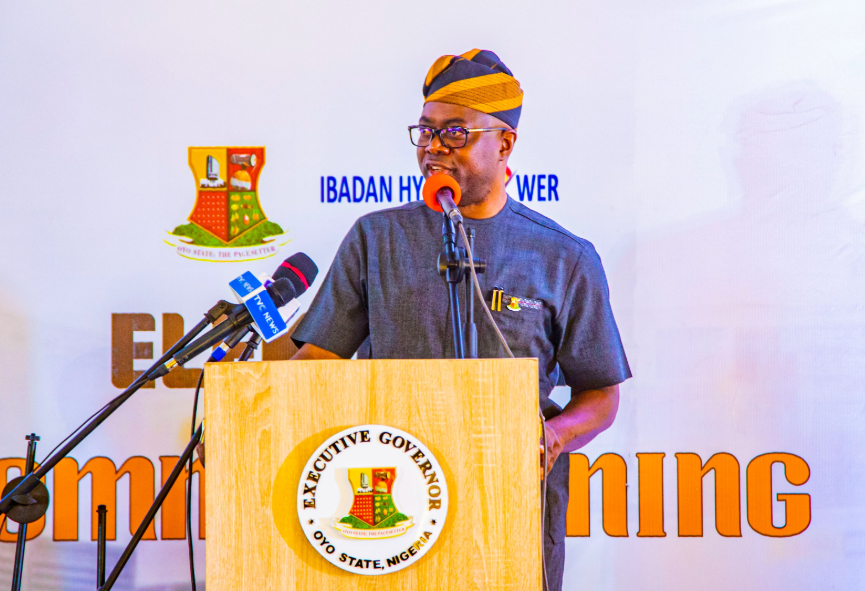Oyo State Governor, Seyi Makinde, has reacted to the deliberation of a single-term tenure for political office holders in Nigeria, proposing a five- or six-year term in place of the current two-term limit of four years each.
Makinde, who is now in his second term, argued that a single, longer term would allow leaders to focus fully on governance without the distractions of re-election campaigns.
The governor made these remarks on Friday at his Ikolaba residence in Ibadan while receiving Muslim leaders and political stakeholders after Eid-el-Kabir prayers.
“I’ve spent six years in office, but when you think about it, 2020 was essentially lost to the COVID-19 pandemic. Then we spent a whole year campaigning for a second term,” the governor said. “Now, even just a year into the new term, people are already talking about what comes next. If you cut out all these distractions, I believe five or six years is enough to make a real impact.”
The Engineer emphasised that his proposal is a constitutional issue, but insisted it’s a model worth considering seriously.
“It’s not about me. If they say I should step down at any point, that’s fine. What matters is doing what’s best for the country. This model has been raised before, even at the National Assembly, and I think it’s time we take a closer look at it,” he added.
Makinde: What you should know about a five- or six-year term
Makinde’s comments come amid renewed calls across Nigeria to reform the structure of political tenure.
Notably, in October 2024, former Vice President Atiku Abubakar proposed a six-year single term with a rotational presidency between the North and South. He submitted his suggestions to the Deputy Senate President, Jibrin Barau, as part of the ongoing constitutional amendment discussions.
Atiku recommended changes to Section 130 and Section 135 of the 1999 Constitution to institutionalise the six-year, single-term arrangement and ensure balanced regional representation.
However, in November 2024, the House of Representatives voted down a bill pushing for this same model. The bill, sponsored by Ikenga Ugochinyere, had aimed to restructure the presidency, governorships, and local government leadership along geopolitical zones and to synchronise all elections to take place on the same day. It was not the first time such a bill had failed—similar proposals were also rejected in 2019.
Other high-profile Nigerian leaders have echoed Makinde’s concerns. Anambra State Governor, Prof. Chukwuma Soludo, recently expressed his support for a single-term system, saying it could liberate leaders from the pressure of re-election politics.
“Sometimes, these single-term ideas begin to make more sense,” Soludo said. “You focus on governance, not just the next election. I face that every day in my state—people say, ‘Don’t start this project, there’s an election ahead,’ and I say, ‘If we get there, we get there. If we lose, so be it.’”
At the Eid gathering in Ibadan, Governor Makinde also extended gratitude to the Muslim community for their continued support over the past six years and urged them to keep praying for his administration’s success.
The delegation that visited him included Deputy Governor Abdulraheem Lawal, former Governor Rashidi Ladoja, PDP Deputy National Chairman Taofeek Arapaja, and other prominent figures like former deputy governors Hazeem Gbolarumi and Hamid Gbadamosi.
In his remarks, Lawal emphasised the values of sacrifice and faith as central lessons of Eid and commended Makinde’s consistent prioritisation of workers’ welfare, particularly the prompt payment of salaries.
Special prayers were offered by Islamic clerics present at the event, who also expressed appreciation for the governor’s ongoing support of the Muslim community.



